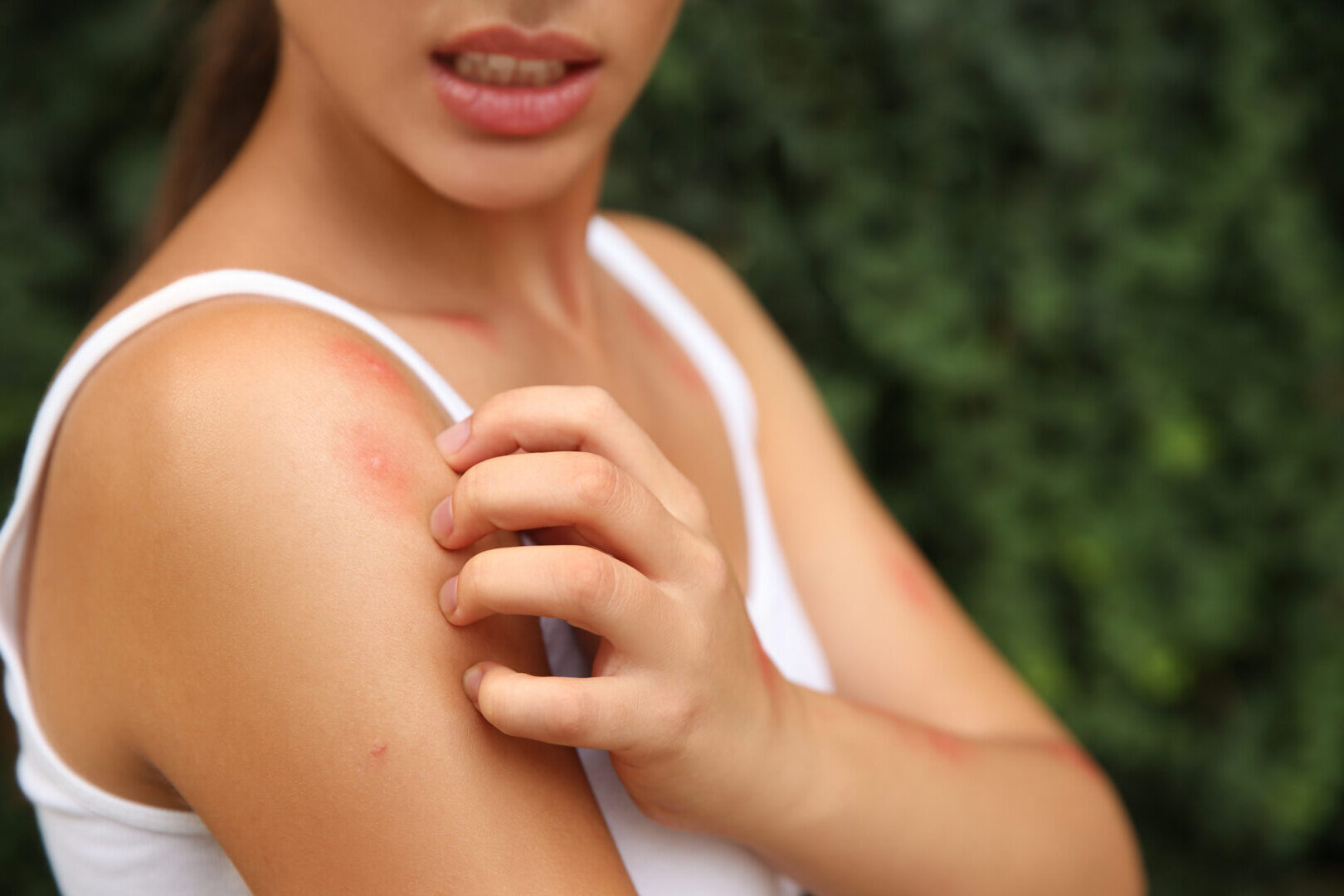
Skeeter Syndrome sounds like something from a cartoon, but it's a real and often misunderstood condition. Ever wondered why some mosquito bites swell up like balloons while others barely leave a mark? Skeeter Syndrome is an allergic reaction to proteins in mosquito saliva, causing intense swelling, itching, and sometimes even fever. This isn't your average mosquito bite; it can turn a fun summer evening into a nightmare. Understanding this condition can help you manage symptoms better and enjoy the outdoors without fear. Let's dive into 50 facts that will help you become a Skeeter Syndrome expert!
Key Takeaways:
- Skeeter Syndrome is an allergic reaction to mosquito bites, causing swelling and itching. It can be managed with antihistamines, corticosteroids, and prevention strategies like insect repellent and mosquito nets.
- Not everyone develops Skeeter Syndrome after mosquito bites, and the severity varies. Prevention, such as wearing long sleeves and using fans, can help avoid this uncomfortable allergic reaction.
What is Skeeter Syndrome?
Skeeter Syndrome is a localized allergic reaction to mosquito bites. It can cause significant discomfort and swelling. Here are some fascinating facts about this condition.
- Skeeter Syndrome is named after the slang term "skeeter," which means mosquito.
- The reaction is caused by proteins in mosquito saliva.
- Symptoms include swelling, redness, and itching.
- It can affect people of all ages.
- Children are more commonly affected than adults.
- The reaction can appear within minutes or hours after a bite.
- Severe cases may cause blisters or bruising.
- It is not contagious.
- People with weakened immune systems are more susceptible.
- The condition is more common in areas with high mosquito populations.
Symptoms and Diagnosis
Understanding the symptoms and how Skeeter Syndrome is diagnosed can help in managing the condition effectively.
- Common symptoms include large, red welts.
- Swelling can be significant, sometimes resembling an infection.
- Itching can be intense and persistent.
- Pain may accompany the swelling and itching.
- Fever is rare but can occur in severe cases.
- Diagnosis is usually based on clinical symptoms.
- Blood tests are not typically required.
- A history of mosquito exposure helps in diagnosis.
- Differential diagnosis includes cellulitis and other allergic reactions.
- A skin biopsy is rarely needed.
Treatment Options
Various treatments can help alleviate the symptoms of Skeeter Syndrome.
- Over-the-counter antihistamines can reduce itching.
- Topical corticosteroids help with inflammation.
- Cold compresses can provide relief from swelling.
- Oral corticosteroids may be prescribed for severe cases.
- Calamine lotion can soothe the skin.
- Avoiding scratching is crucial to prevent infection.
- Antibiotics are not needed unless there is a secondary infection.
- Hydrocortisone cream is often recommended.
- Aloe vera gel can provide a cooling effect.
- Oatmeal baths can help reduce itching.
Prevention Strategies
Preventing mosquito bites is the best way to avoid Skeeter Syndrome.
- Using insect repellent is highly effective.
- Wearing long sleeves and pants can protect the skin.
- Mosquito nets are useful for sleeping areas.
- Avoiding outdoor activities during peak mosquito hours can help.
- Keeping windows and doors closed reduces indoor exposure.
- Eliminating standing water around the home prevents breeding.
- Using fans can deter mosquitoes.
- Planting mosquito-repellent plants like citronella can be beneficial.
- Installing screens on windows and doors adds an extra layer of protection.
- Regularly changing water in pet dishes and bird baths is essential.
Interesting Facts
Here are some lesser-known facts about Skeeter Syndrome that might surprise you.
- Not everyone who gets bitten by mosquitoes will develop Skeeter Syndrome.
- The severity of the reaction can vary from person to person.
- Some people may develop a tolerance over time.
- The condition is more common in tropical and subtropical regions.
- Mosquitoes are attracted to carbon dioxide and body heat.
- Certain blood types may be more attractive to mosquitoes.
- The reaction is not related to the number of bites.
- Some people use natural remedies like tea tree oil for relief.
- Vitamin B1 supplements are believed to repel mosquitoes, though evidence is limited.
- Skeeter Syndrome is different from mosquito-borne diseases like malaria and dengue.
Final Thoughts on Skeeter Syndrome
Skeeter Syndrome isn't just an annoying reaction to mosquito bites. It can cause significant discomfort and even serious health issues for some folks. Knowing the symptoms and how to manage them is crucial. Quick treatment with antihistamines, hydrocortisone creams, or even ice packs can help reduce swelling and itching. Preventing mosquito bites in the first place by using repellents, wearing long sleeves, and avoiding peak mosquito times can make a big difference. If reactions are severe, seeing a doctor is a smart move. They might suggest stronger treatments or even allergy shots. Understanding Skeeter Syndrome helps you stay prepared and comfortable during mosquito season. So, next time you head outdoors, remember these tips to keep those pesky bites at bay. Stay safe and itch-free!
Frequently Asked Questions
Was this page helpful?
Our commitment to delivering trustworthy and engaging content is at the heart of what we do. Each fact on our site is contributed by real users like you, bringing a wealth of diverse insights and information. To ensure the highest standards of accuracy and reliability, our dedicated editors meticulously review each submission. This process guarantees that the facts we share are not only fascinating but also credible. Trust in our commitment to quality and authenticity as you explore and learn with us.
